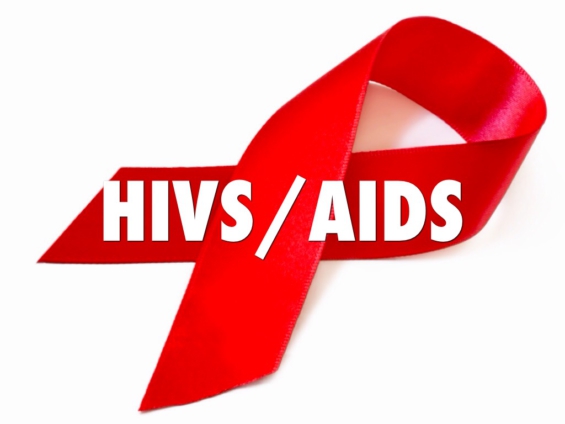The National AIDS Control Programme (NACP) 2019 HIV Sentinel Survey Report said Ghana recorded 19,000 new HIV/AIDS cases with an estimated 14,000 deaths in 2018.
The Programme Manager of the National AIDS/STI Control Programme, Dr Stephen Ayisi Addo, said in 2019 the routine deaths dropped marginally to 11,797 and in 2020, between January and June, Ghana had recorded 798 deaths.
People living with HIV in 2019 totalled 339,727 but rose to 345,534 in 2020.
Dr Addo, at the launch of the Sentinel Report, said the Bono Region had taken the lead as the region with the highest prevalence followed by the Greater Accra Region, with the Oti Region recording the least.
The Report catalogues the prevalence of HIV and syphilis among Anti-Natal Care (ANC) and Sexually Transmitted Infections (STI) clients. It also information on the trends in HIV and syphilis among ANC and STI clients at sentinel sites.
It is also to provide data for the estimation and projection of HIV prevalence in the general population of Ghana to inform intervention programmes.
Dr Addo, who presented the Report, said though the results indicated that the prevalence of the disease was down, the Programme remained focused on achieving epidemic control by 2030.
“By 2030, our projections are that we would have epidemic control where we would have eliminated mother-to-child transfusion. We are first targeting our 90/90 vision by 2023, 95/95 by 2025, then finally epidemic control by 2030,” he said.
He said there were still high rates of infections in urban centres than in rural centres, adding that the HIV prevalence for 2019 among pregnant women was 2.0 per cent.
He said HIV prevalence among STI clients was 5.7 per cent, a decrease from 9.2 per cent, and Syphilis prevalence among STI clients remained at 0.3 per cent.
“Median Syphilis prevalence for 2019 was 0.2 per cent in urban and 0.4 per cent in rural locations, whilst mean Syphilis prevalence was 0.5 per cent in urban and 0.7 per cent in rural locations,” he said.
Dr Ayisi called for financial support for the National AIDS Fund, especially private sector support, to help cater for patients.
Director of Family Health Division of the Ghana Health Service, Dr Kofi Issah, said the fight against HIV/AIDS should not be hindered by the COVID-19.
“Due to the outbreak of Covid-19 around the world, all attention has been geared towards the virus, relegating HIV/AIDs to the background. Both viruses need to be pursued without leaving any behind because both are national concerns,” he said.
Dr Issah said NACP should maintain the quality of data it collected since it was the primary source of data for National HIV estimates and projections.
“You need to continuously enhance additional demographic analysis and sustain survey in new regions to establish trend,” he said.
Latest Stories
-
Ghana and Seychelles strengthen bilateral ties with focus on key sectors
7 mins -
National Elections Security Taskforce meets political party heads ahead of December elections
11 mins -
Samsung’s AI-powered innovations honored by Consumer Technology Association
30 mins -
Fugitive Zambian MP arrested in Zimbabwe – minister
48 mins -
Town council in Canada at standstill over refusal to take King’s oath
59 mins -
Trump picks Pam Bondi as attorney general after Matt Gaetz withdraws
1 hour -
Providing quality seeds to farmers is first step towards achieving food security in Ghana
1 hour -
Thousands of PayPal customers report brief outage
2 hours -
Gary Gensler to leave role as SEC chairman
2 hours -
Contraceptive pills recalled in South Africa after mix-up
2 hours -
Patient sues Algerian author over claims he used her in novel
2 hours -
Kenya’s president cancels major deals with Adani Group
2 hours -
COP29: Africa urged to invest in youth to lead fight against climate change
2 hours -
How Kenya’s evangelical president has fallen out with churches
3 hours -
‘Restoring forests or ravaging Ghana’s green heritage?’ – Coalition questions Akufo-Addo’s COP 29 claims
3 hours

